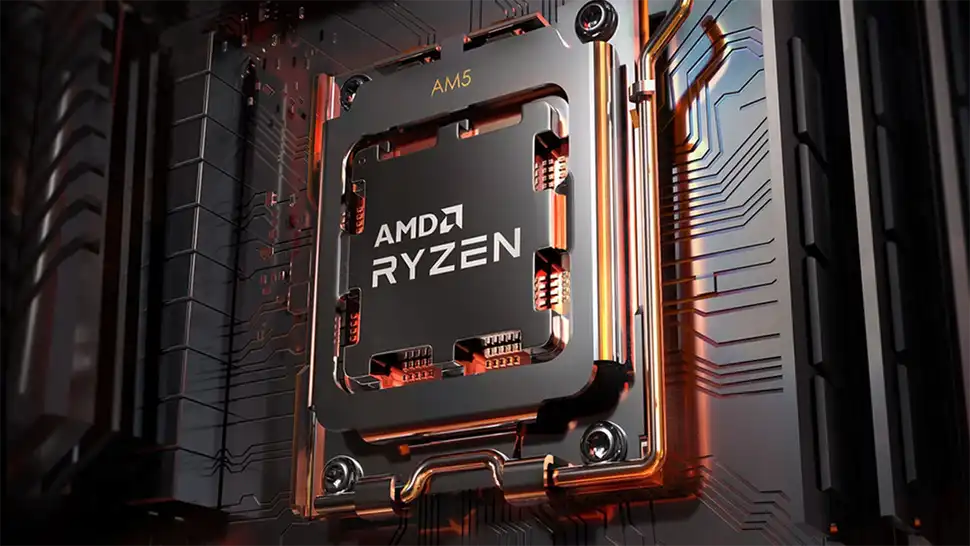AMD has been making significant strides in the CPU market with its Ryzen processors, offering impressive performance and value for users across various segments. However, recent news confirms that the upcoming Ryzen 8000G APUs will not support ECC (Error Correcting Code) RAM. In this article, we will delve into the implications of this decision and discuss the potential missed opportunity for AMD and its users.
ECC RAM is a specialized type of memory that provides an added layer of data integrity by detecting and correcting errors in real-time. It is widely used in critical computing environments such as servers, workstations, and professional applications where data integrity is of utmost importance. ECC RAM can help prevent system crashes, data corruption, and potential security vulnerabilities caused by memory errors.
AMD’s decision not to support ECC RAM in the Ryzen 8000G APUs is surprising and disappointing for many users who rely on the added security and stability that ECC RAM provides. While the Ryzen processors have gained popularity among gamers, content creators, and casual users, the lack of ECC support limits their appeal for professionals who require robust error detection and correction capabilities.
The Ryzen 8000G APUs, with their powerful integrated graphics and improved CPU performance, could have been an excellent choice for professionals seeking a balance between computational power and graphics capabilities. However, without ECC support, these professionals may have to look elsewhere for CPUs that meet their stringent requirements.
AMD’s decision not to support ECC RAM in the Ryzen 8000G APUs may have implications in the server and workstation markets. These markets demand high levels of reliability and data integrity, making ECC RAM a crucial requirement. By not offering ECC support, AMD may inadvertently push potential customers towards their competitors who do provide ECC support for their processors.
The confirmation that Ryzen 8000G APUs won’t support ECC RAM has unsurprisingly sparked disappointment and frustration among users. Many users took to forums and social media platforms to express their concerns and request clarification from AMD. While AMD has not provided an official explanation for this decision, it is essential for the company to acknowledge user feedback and consider the implications of their choice in future product developments.
AMD’s Ryzen processors have undoubtedly made a significant impact in the CPU market, providing users with powerful and cost-effective options. However, the absence of ECC RAM support in the upcoming Ryzen 8000G APUs is a missed opportunity for AMD to cater to the needs of professionals and the server/workstation markets. As the company continues to innovate and release new products, it is crucial for AMD to listen to user feedback and consider the demands of various segments to ensure their CPUs remain competitive and versatile in an ever-evolving market.





